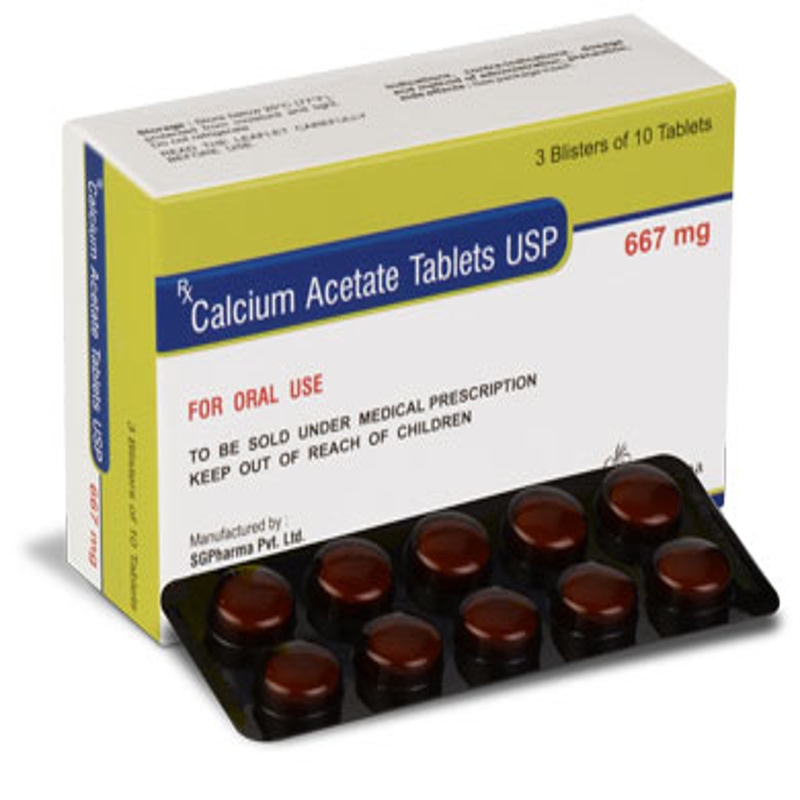-
Categories
-
Pharmaceutical Intermediates
-
Active Pharmaceutical Ingredients
-
Food Additives
- Industrial Coatings
- Agrochemicals
- Dyes and Pigments
- Surfactant
- Flavors and Fragrances
- Chemical Reagents
- Catalyst and Auxiliary
- Natural Products
- Inorganic Chemistry
-
Organic Chemistry
-
Biochemical Engineering
- Analytical Chemistry
-
Cosmetic Ingredient
- Water Treatment Chemical
-
Pharmaceutical Intermediates
Promotion
ECHEMI Mall
Wholesale
Weekly Price
Exhibition
News
-
Trade Service
The UK's National Health Service (NHS) has launched a clinical trial with research institutions such as the University of Bristol to inject laboratory-grown red blood cells into humans for the first time
.
Two participants have received 5-10 ml of "artificial blood" and are currently in good health and have not reported any adverse effects
.
This article is the original of Translational Medicine Network, please indicate the source for reprinting
Author: kope
If the trial proves safe and effective, artificial blood cells could revolutionize the treatment
of patients with blood disorders such as sickle cells and rare blood types.
For some people with these conditions, it can be difficult to find a sufficient match for donations
.
All "freshly baked"
01
The researchers expect that artificial red blood cells used for blood transfusion will produce better results than ordinary blood transfusion, because the life cycle of red blood cells is usually about 120 days, and the red blood cells in ordinary blood are "new" and "old", while artificial red blood cells are all "freshly baked"
.
If artificial red blood cells are used for blood transfusions in the future, they may reduce the amount or frequency
of blood transfusions needed.
Lead researcher Professor Cedric Ghevaert, Professor of Transfusion Medicine and Consultant Haematology at the University of Cambridge and NHSBT, said: "We want our lab-grown red blood cells to last longer
than those from blood donors.
If our trial, the first of its kind in the world, is successful, it will mean that patients who currently need regular, long-term transfusions will need fewer transfusions in the future, which could help transform their care
.
Human red blood cells need to be stored at 4°C ±2°C for up to 42 days
.
Platelets need to be stored under the condition of 22 °C ± 2 °C, and the storage period varies from 24 hours to 5 days, because the platelet storage period is short, which brings difficulties
to the emergency large supply.
Manabu Kinoshita, an associate professor at the National Defense Medical College and an expert in immunology, said: "In areas such as remote islands, it is difficult to provide enough blood for blood
transfusions.
"Artificial blood will be able to save lives that would otherwise be unsaving
.
"
First for human trials
02
At least 10 participants will receive two small transfusions spaced at least four months apart, one from standard donated red blood cells and one from lab-grown red blood cells to determine whether lab-made young red blood cells last longer
than cells made in the body.
Further trials are needed before they can be used clinically, but this study marks an important step
in using lab-grown red blood cells to improve treatment for patients with rare blood types or those with complex transfusion needs.
Professor Ashley Toye, Professor of Cell Biology at the University of Bristol and Head of the Division of Blood and Transplantation at NIHR Red Blood Cell Products, said: "This challenging and exciting trial is a huge stepping stone
to making blood from stem cells.
This is the first lab-grown blood to be infused from an allogeneic donor, and we're excited to see how
the cells perform at the end of the clinical trial.
" ”
Dr Rebecca Cardigan, Head of Component Development at NHSBT and Affiliated Lecturer at the University of Cambridge, said: "It's fantastic that we're now able to culture enough red blood cells to medical grade in order to start this trial, and we're really looking forward to seeing the results and whether they perform better
than standard red blood cells.
" ”
An alternative
03
Clinically, blood transfusions are not uncommon, and people with rare blood types often form mutual aid groups so that blood is not available when
they need to be used.
If this transfusion trial is successful, it will be a boon for patients who have difficulty finding enough matching blood, and they have at least one alternative
.
If the trial becomes the world's first success story, it will be the dawn
of patients who currently need regular or long-term blood transfusions.
Because frequent blood transfusions can cause iron overload, leading to serious complications
.
"Artificial blood can be "genetically modified" to knock out antigens on the surface of blood cells, so that blood transfusions can be retyped
.
This can not only save the trouble of blood group testing, but also solve the blood transfusion problem of patients with rare blood types such as "panda blood
".
Since artificial blood has no blood type problems, injured patients can be treated before they reach the hospital, improving survival rates
.
Resources:
http://digitalpaper.
stdaily.
com/http_www.
kjrb.
com/kjrb/html/2022-11/09/content_544127.
htm?div=-1
style="white-space: normal;margin: 0px;padding: 0px;box-sizing: border-box;">Note: This article is intended to introduce the progress of medical research and cannot be used as a reference
for treatment options.
If you need health guidance, please go to a regular hospital
.
Referrals, live broadcasts/events
November 24-27 09:00-17:30 Shanghai
The 4th Shanghai International Cancer Congress
Scan the code to participate







